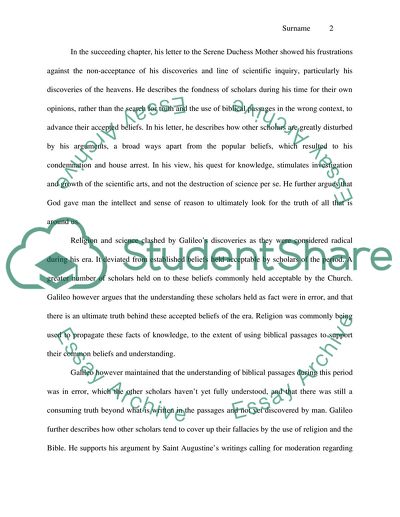Cite this document
(“Modern Age Europe 1348-1789 Primary Doc Analysis Essay 3 - 1”, n.d.)
Modern Age Europe 1348-1789 Primary Doc Analysis Essay 3 - 1. Retrieved from https://studentshare.org/history/1607280-modern-age-europe-1348-1789-primary-doc-analysis-essay-3
Modern Age Europe 1348-1789 Primary Doc Analysis Essay 3 - 1. Retrieved from https://studentshare.org/history/1607280-modern-age-europe-1348-1789-primary-doc-analysis-essay-3
(Modern Age Europe 1348-1789 Primary Doc Analysis Essay 3 - 1)
Modern Age Europe 1348-1789 Primary Doc Analysis Essay 3 - 1. https://studentshare.org/history/1607280-modern-age-europe-1348-1789-primary-doc-analysis-essay-3.
Modern Age Europe 1348-1789 Primary Doc Analysis Essay 3 - 1. https://studentshare.org/history/1607280-modern-age-europe-1348-1789-primary-doc-analysis-essay-3.
“Modern Age Europe 1348-1789 Primary Doc Analysis Essay 3 - 1”, n.d. https://studentshare.org/history/1607280-modern-age-europe-1348-1789-primary-doc-analysis-essay-3.


